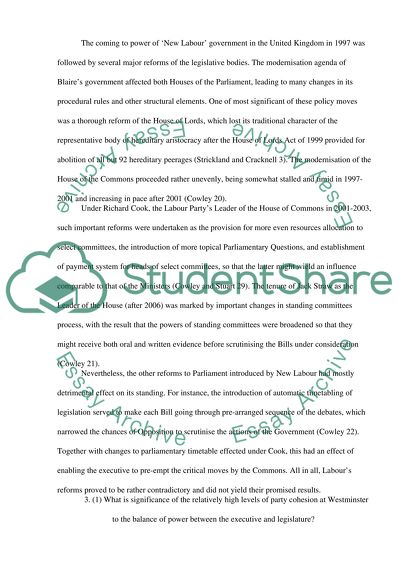Cite this document
(“PARLIAMENT, POLITICS AND POLICY MAKING Essay Example | Topics and Well Written Essays - 2000 words - 1”, n.d.)
Retrieved from https://studentshare.org/environmental-studies/1421786-parliament-politics-and-policy-making
Retrieved from https://studentshare.org/environmental-studies/1421786-parliament-politics-and-policy-making
(PARLIAMENT, POLITICS AND POLICY MAKING Essay Example | Topics and Well Written Essays - 2000 Words - 1)
https://studentshare.org/environmental-studies/1421786-parliament-politics-and-policy-making.
https://studentshare.org/environmental-studies/1421786-parliament-politics-and-policy-making.
“PARLIAMENT, POLITICS AND POLICY MAKING Essay Example | Topics and Well Written Essays - 2000 Words - 1”, n.d. https://studentshare.org/environmental-studies/1421786-parliament-politics-and-policy-making.


